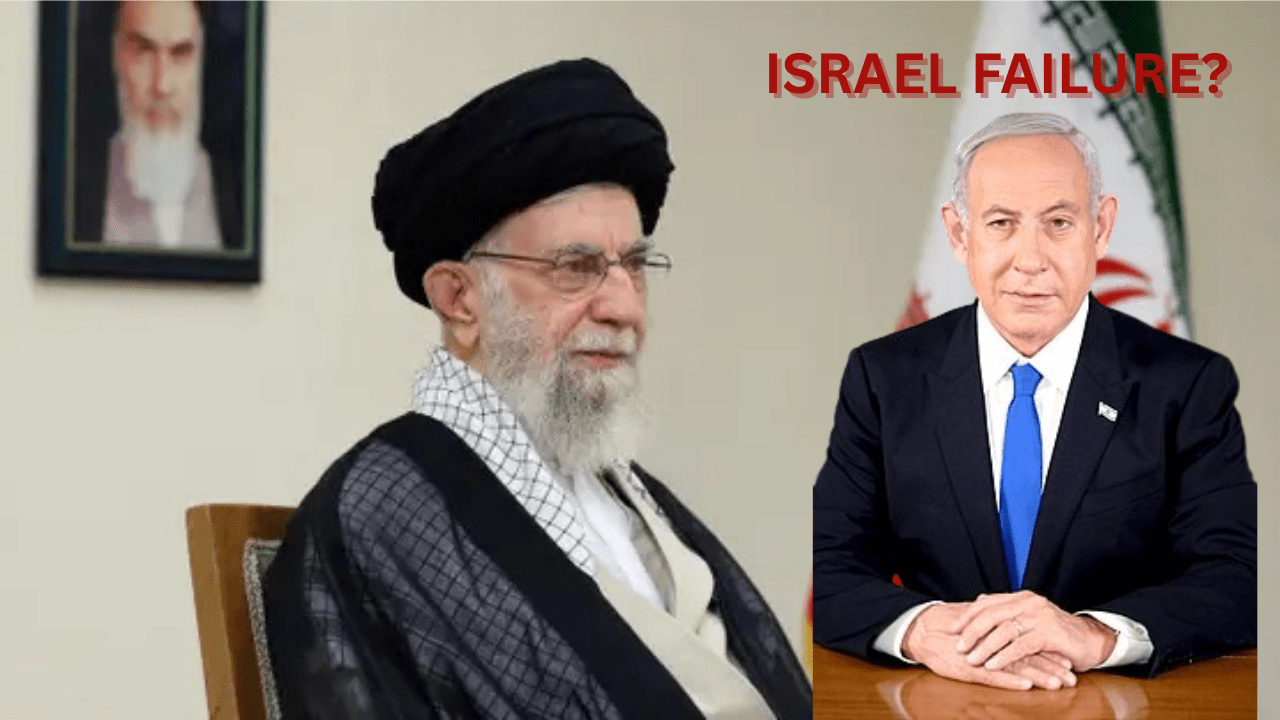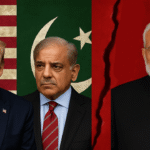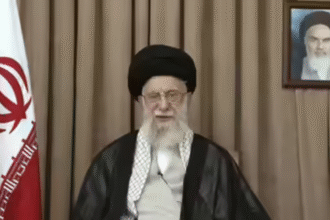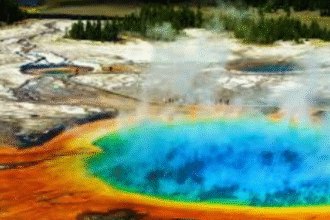In the wake of escalating conflict in the Middle East, the question many are asking is: how Iran actually won the war against Israel? And more shockingly—did the U.S. intentionally deceive Israel to support Iran for its own strategic advantage?
The events leading up to this complex narrative began around June 2025, when the U.S.’s “Doomsday Plane”—a flying war command center—landed, sparking fears of a major military escalation.
America’s Mixed Signals: Threat or Strategy?
Historically, the appearance of the Doomsday Plane has signaled catastrophic military actions. It happened before the U.S. invaded Afghanistan (2001) and Iraq (2003). But this time, after threatening Iran with nuclear consequences and attacking key nuclear sites, President Trump suddenly called for peace.
This abrupt shift raised critical questions:
- Why attack Iran’s nuclear sites only to call a ceasefire?
- Was America really aiming for peace—or just leveraging fear?
Israel’s Secret Plans to Overthrow Iran’s Regime
Israel, for years, has wanted to neutralize Iran’s nuclear ambitions and remove its hostile regime. Backed by a carefully orchestrated multi-phase strategy, Israel executed precision attacks against Iran’s regional proxies—Hamas, Hezbollah, and Houthis.
Phase 1: Dismantling Hamas
After the October 2023 Hamas incursion into Israel, Israel launched a campaign to eliminate top leadership. In early 2024, Hamas chiefs like Ismail Haniyeh and Yahya Sinwar were assassinated. By mid-2024, over 13,000 Hamas fighters had been killed, reducing their operational strength significantly.
Phase 2: Crushing Hezbollah in Lebanon
In September 2024, Israeli forces conducted a bunker buster strike that killed the entire Hezbollah leadership in a secret underground meeting in Beirut. The event showcased Israel’s advanced intelligence capabilities.
Phase 3: Neutralizing the Houthis
In Yemen, Israel targeted Houthi supply lines, airports, and military ports. Two major airstrikes (December 2024 and May 2025) crippled their ability to launch missiles into Israel. Their top military commander was eliminated in June 2025.
The Game-Changer: Operation Rising Lion
In June 2025, Israel initiated Operation Rising Lion, a covert mission inside Iran targeting the IRGC (Islamic Revolutionary Guard Corps) and its top leadership. Using undercover Mossad agents and drone swarms hidden inside civilian vehicles, Israel destroyed Iran’s air defense systems.
Top Iranian Military Officials Assassinated
- Hussein Salami (IRGC Chief of Staff)
- Amir Ali Hajizadeh (Air Force Commander)
- Mohammad Bagheri (Chief of Armed Forces)
These precise attacks dismantled Iran’s entire top military command structure.
Targeting Iran’s Nuclear Backbone
Beyond military leadership, Israel also destroyed Iran’s major nuclear facilities:
- Natanz (Uranium enrichment site)
- Arak and Fordow (Research and storage sites)
Several top Iranian nuclear scientists were assassinated, pushing back Iran’s nuclear program by years.
Iran’s Weak Response: Why Didn’t They Retaliate?
Despite the heavy loss, Iran’s response was relatively restrained. While there were some retaliatory missile strikes on Tel Aviv, Iran’s capability to sustain a prolonged war had been critically weakened.
Three major pillars of Iranian strength had collapsed:
- IRGC leadership
- Proxy terrorist groups
- Nuclear infrastructure
Did the U.S. Betray Israel? Or Just Control the Narrative?
President Trump’s sudden announcement of peace and ceasefire left many in Israel feeling betrayed. After supporting Israel’s aggressive mission, why would the U.S. step back at the most decisive moment?
The answer might lie in geo-political optics:
- The U.S. projected itself as a peacekeeper.
- It avoided a prolonged war with Iran that could destabilize the region and hurt oil routes like the Strait of Hormuz.
- It deflected global criticism by shifting responsibility for destruction to Israel.
The Bigger Picture: Winners, Losers, and Questions
While Israel tactically destroyed Iran’s proxy networks, crippled its military leadership, and set back its nuclear ambitions, the war left behind complex diplomatic consequences.
- Iran suffered massive losses but avoided complete regime collapse.
- Israel proved its military might but lost international support.
- The U.S. retained its image as a global peace enforcer, yet raised questions about loyalty to its allies.
Conclusion: How Iran Won the War or Israel’s Failure
The ceasefire, brokered through backdoor diplomacy via Qatar, appears more like a strategic pause than a genuine resolution. Fundamental tensions between Iran and Israel remain unsolved, and the region continues to teeter on the edge.
As the dust settles, one thing is clear: military victories do not always translate into political success—and in the game of geo-strategy, perception is power.






